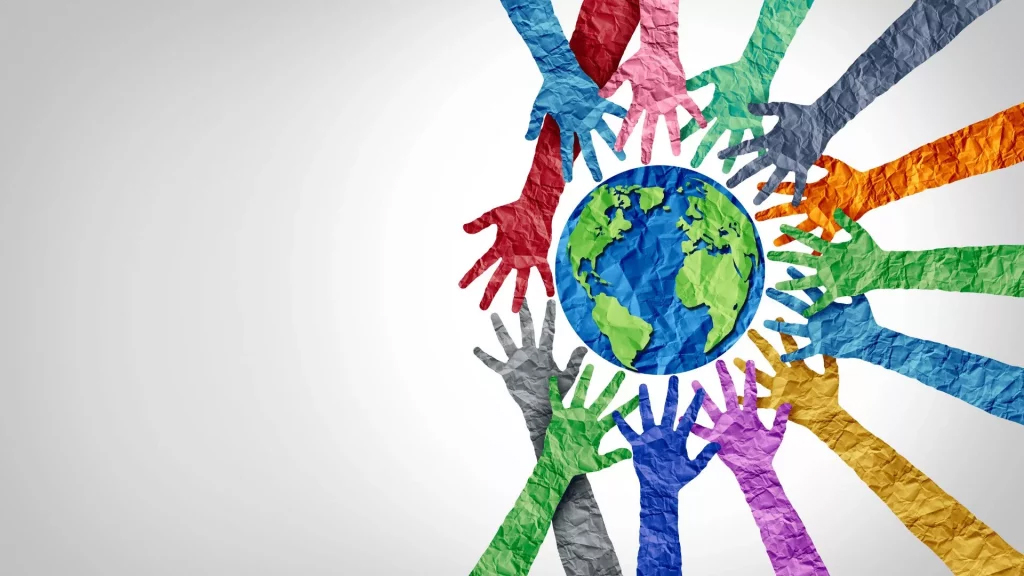Did you know that translation is an ancient profession? When Gilgamesh, the famous Sumerian poem, was translated into Asian languages, the first known translation work was recorded in history. This event dates back to the second millennium BC. Most probably, translation services were carried out even earlier because people always needed a mediator when they did not speak the same language. At that time, ethics in this field had not yet developed, and it was a mediation job rather than translation as we know it today.
Many linguists and translators have argued about translation methods, and the strategies they advocated have shaped this field. For instance, linguists such as Katherine Reiss suggested that although the type of text is significant, it is more important to stay loyal to the source. Then came the skopos theorists. They claimed that, as with everything else in life, translation has a purpose. Therefore, it should be carried out by considering the aim. For instance, if the translator was faithful to the source text yet failed to make it understandable and clear for the target audience, the translator failed to achieve the purpose.
The Significance of Translation and HSBC
The method of translation aside, it is undeniable that the endeavor bears great significance because it is the essence of multicultural communication. The HSBC case is a great example to stress the importance of accuracy. “Assume nothing” was a campaign conducted by HSBC, and the bank worked to expand its campaign globally. This slogan was translated into target languages as “Do Nothing”, which distorted the original meaning. This suggested that the managers and employees in HSBC did nothing and conveyed a message of laziness. After this failure, HSBC spent 10 million dollars to rebrand the company.
Due to one simple translation mistake, a company spent millions. Imagine if a patient received the wrong information at a hospital due to a simple mistake; it may be life-threatening. This proves that translation is more than simply interpreting words.



Comments are closed